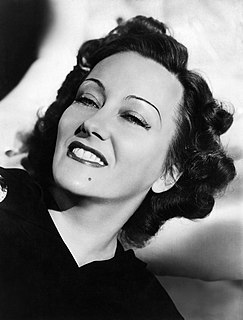A Quote by Pat Barker
'Undertones of War' by Edmund Blunden seems to get less attention than the memoirs of Siegfried Sassoon and Robert Graves, but it is a great book.
Related Quotes
Blanket compassion will shift the distribution decisively towards the manipulative end of the spectrum, and may paradoxically decrease the compassion with which the genuinely despairing are treated: for they are apt to get lost in the great mass of pseudo-distress and manipulation, and often their conduct draws less attention precisely because it is less attention-seeking.
Nothing detains the reader's attention more powerfully than deep involutions of distress, or sudden vicissitudes of fortune; and these might be abundantly afforded by memoirs of the sons of literature. They are entangled by contracts which they know not how to fulfill, and obliged to write on subjects which they do not understand. Every publication is a new period of time, from which some increase or declension of fame is to be reckoned. The gradations of a hero's life are from battle to battle, and of an author's from book to book.




































